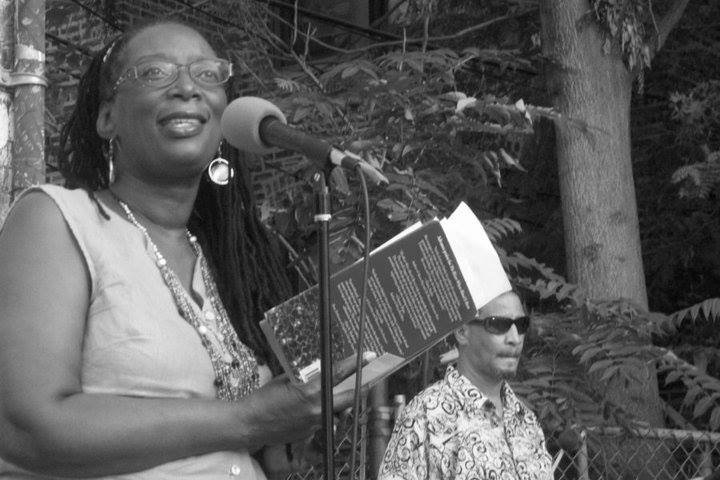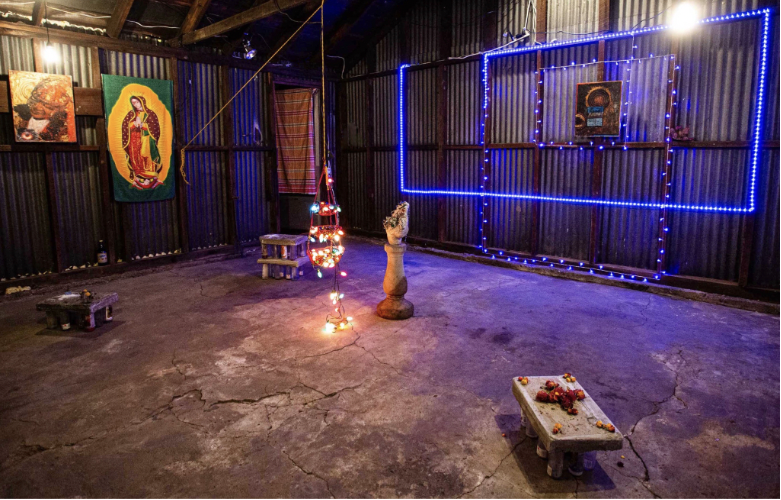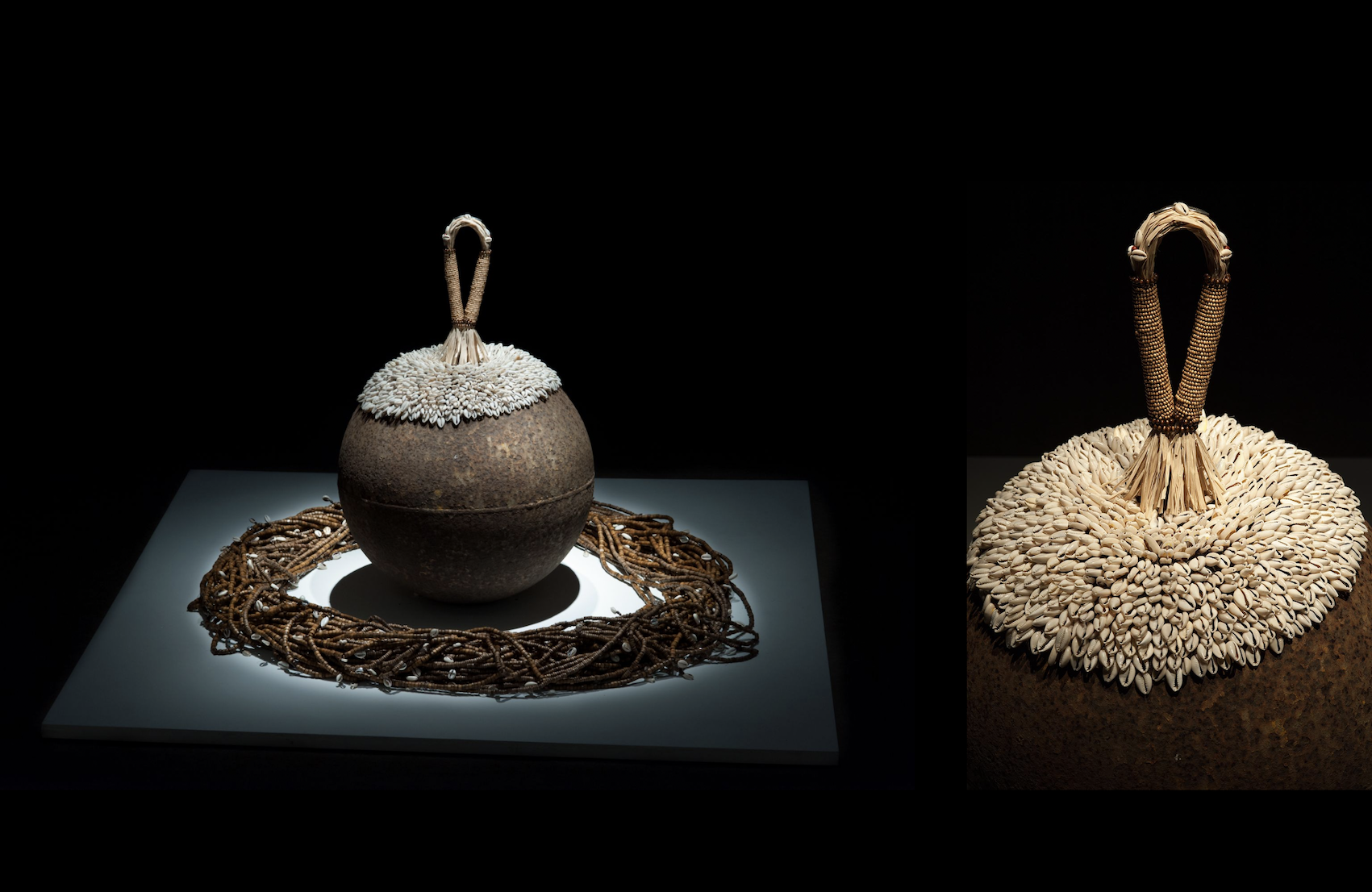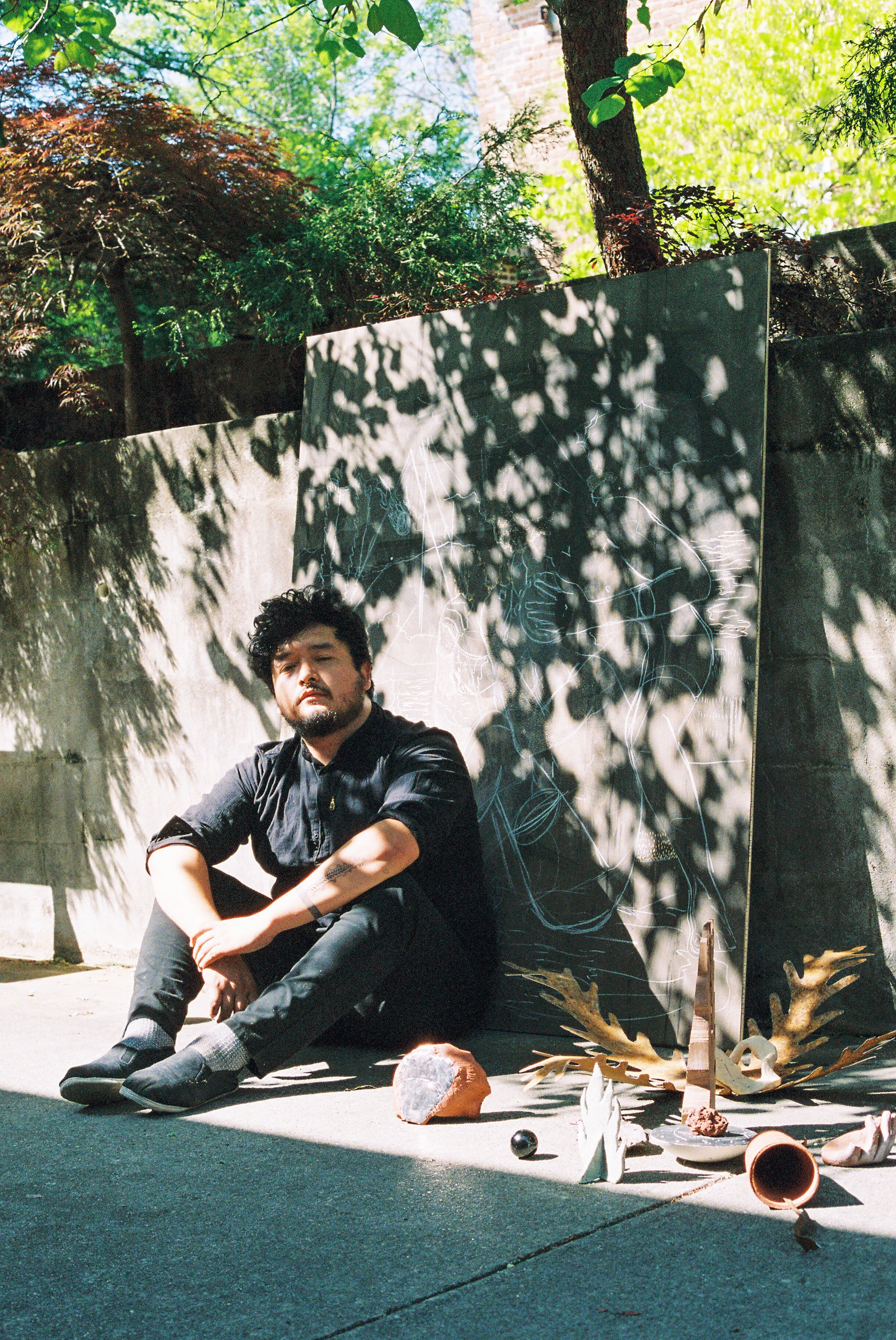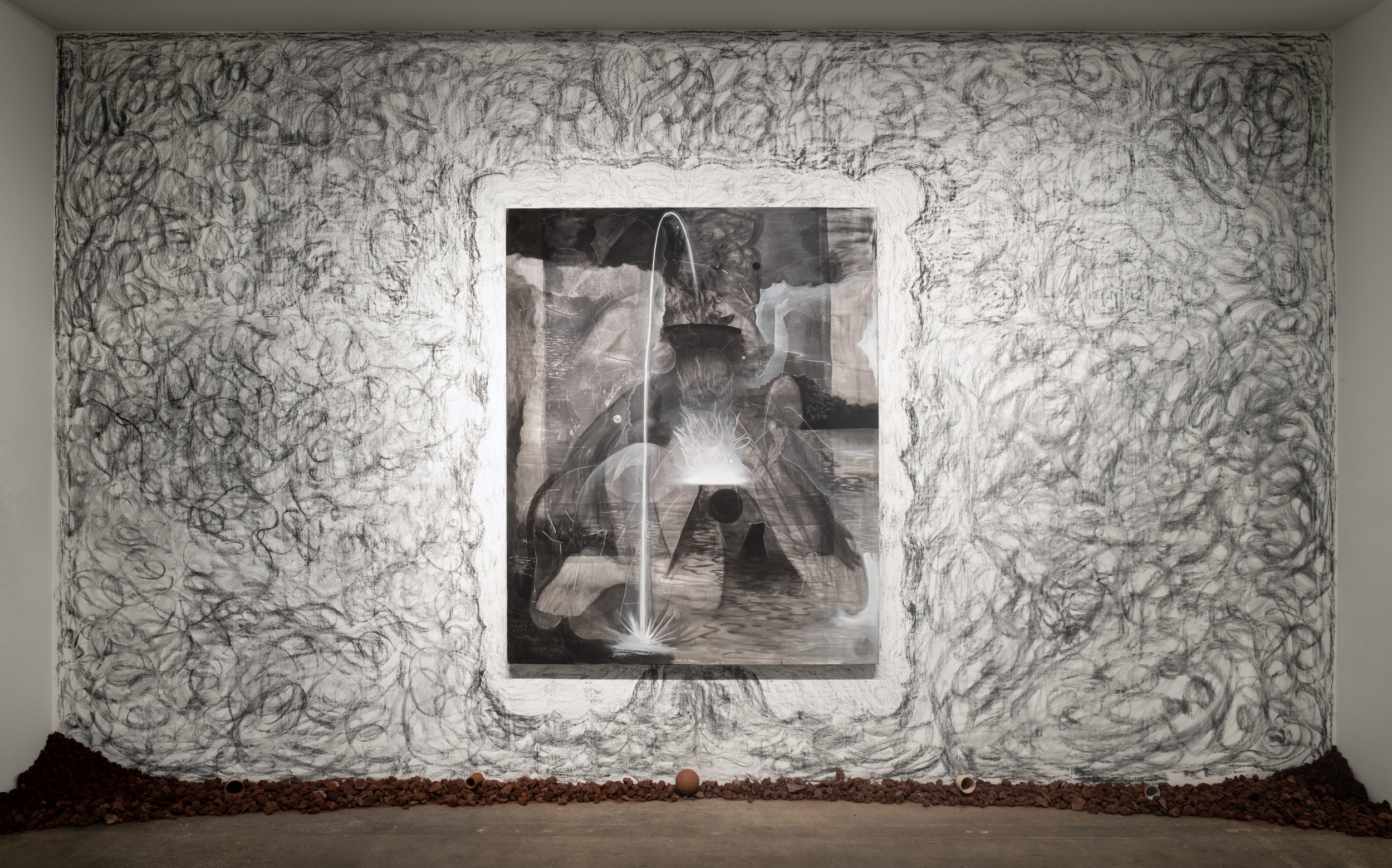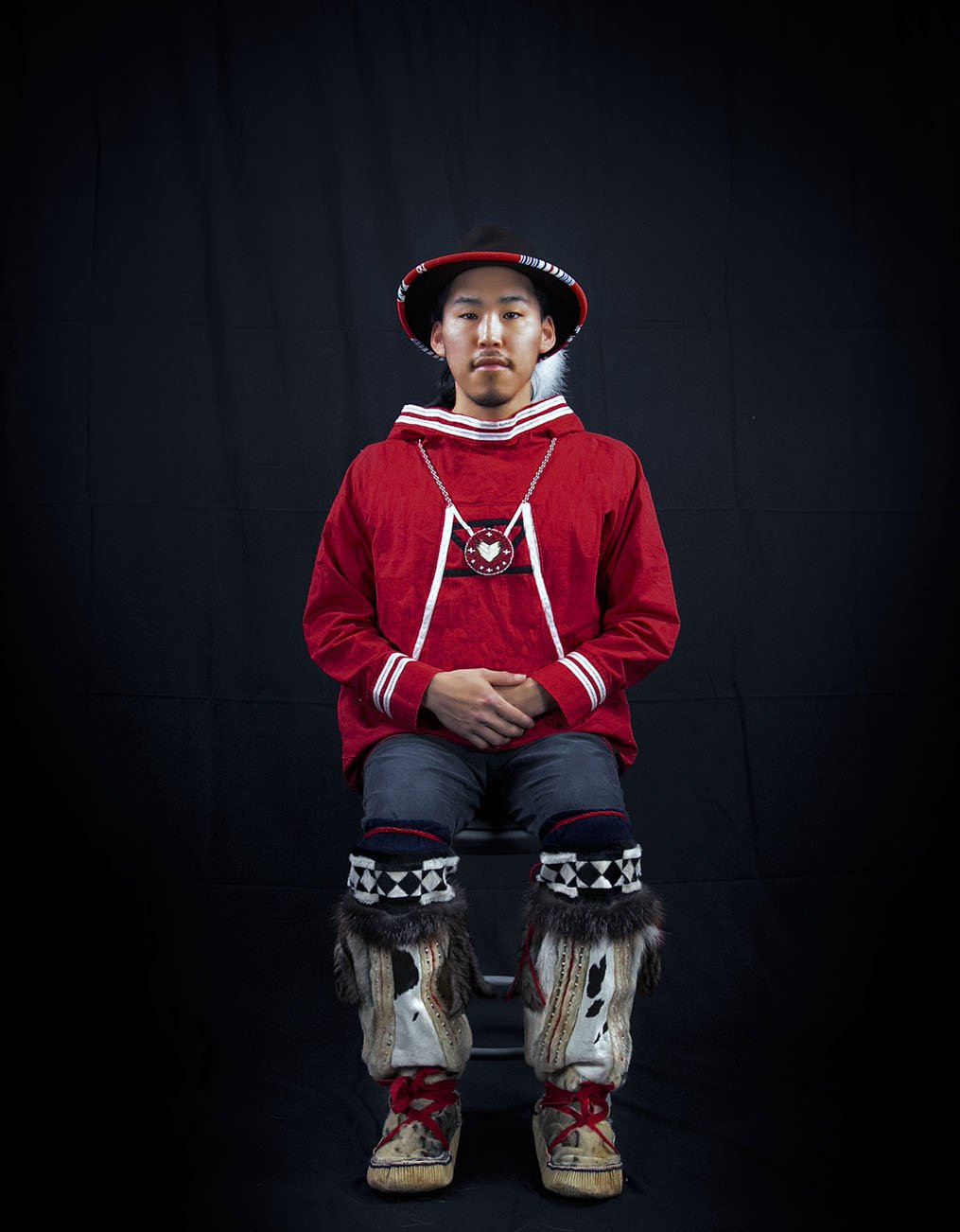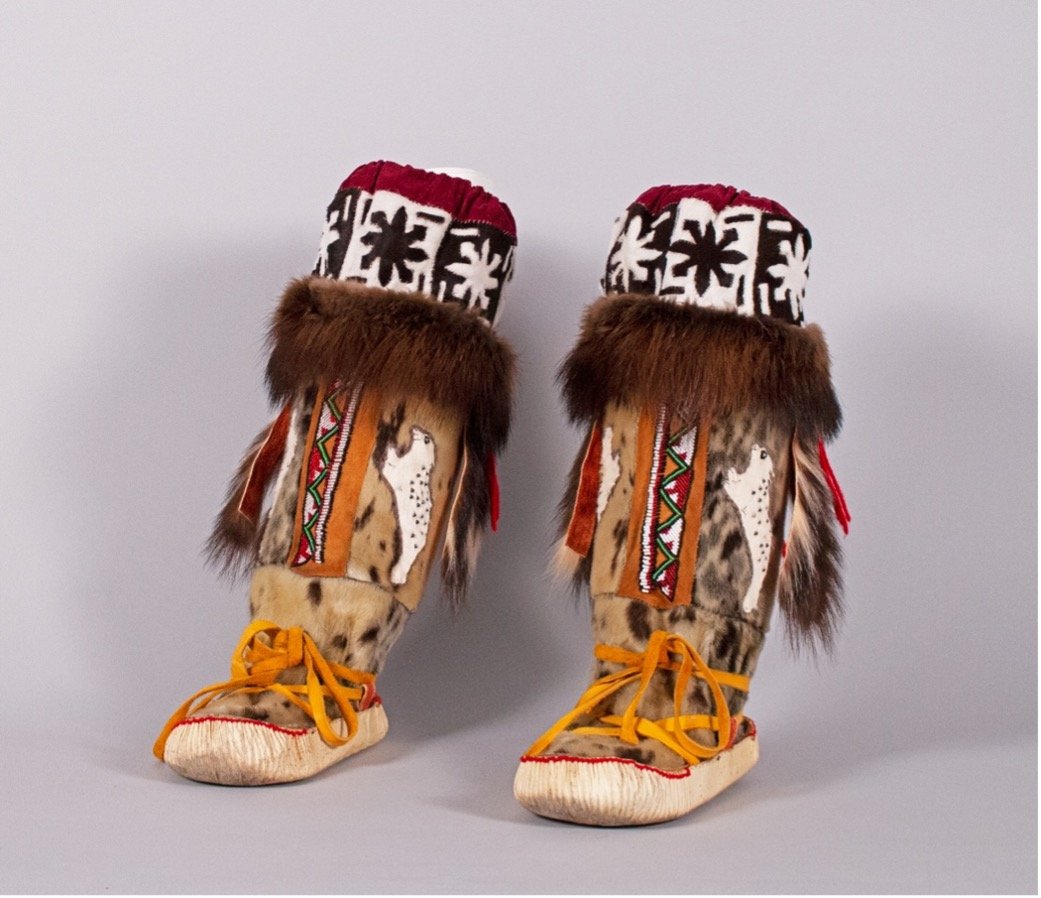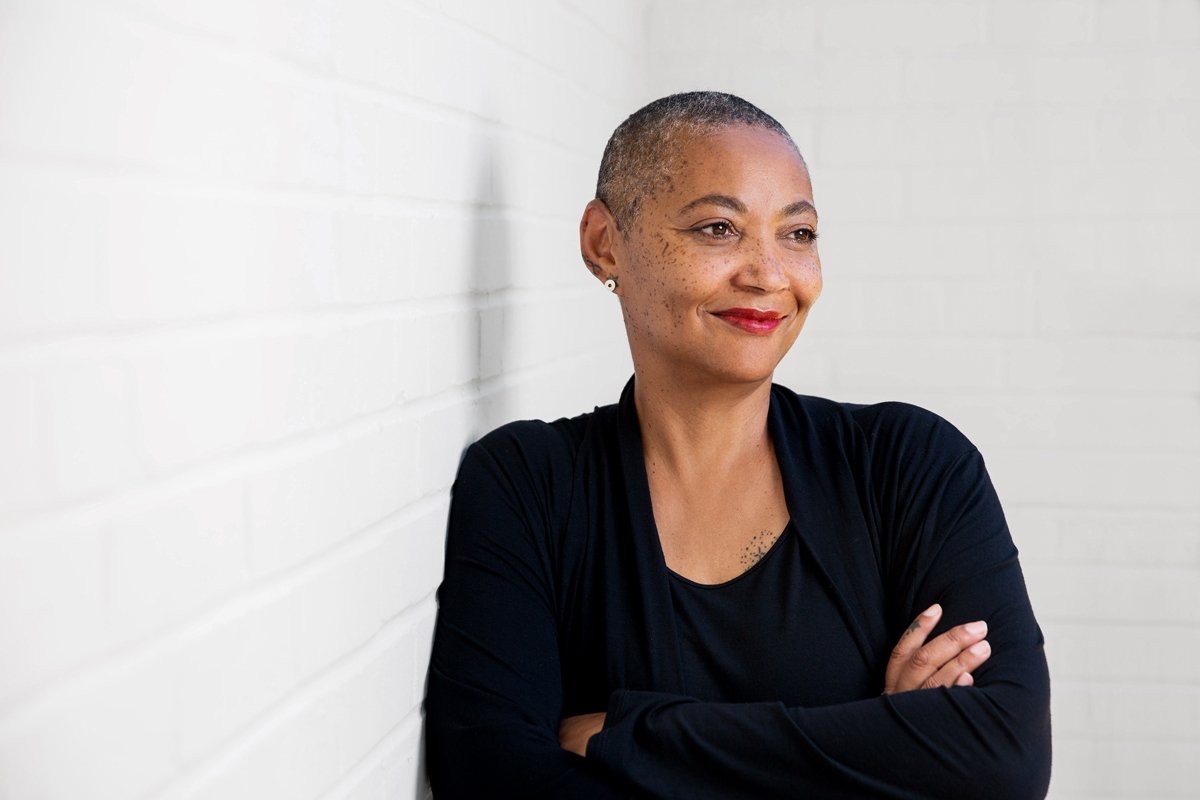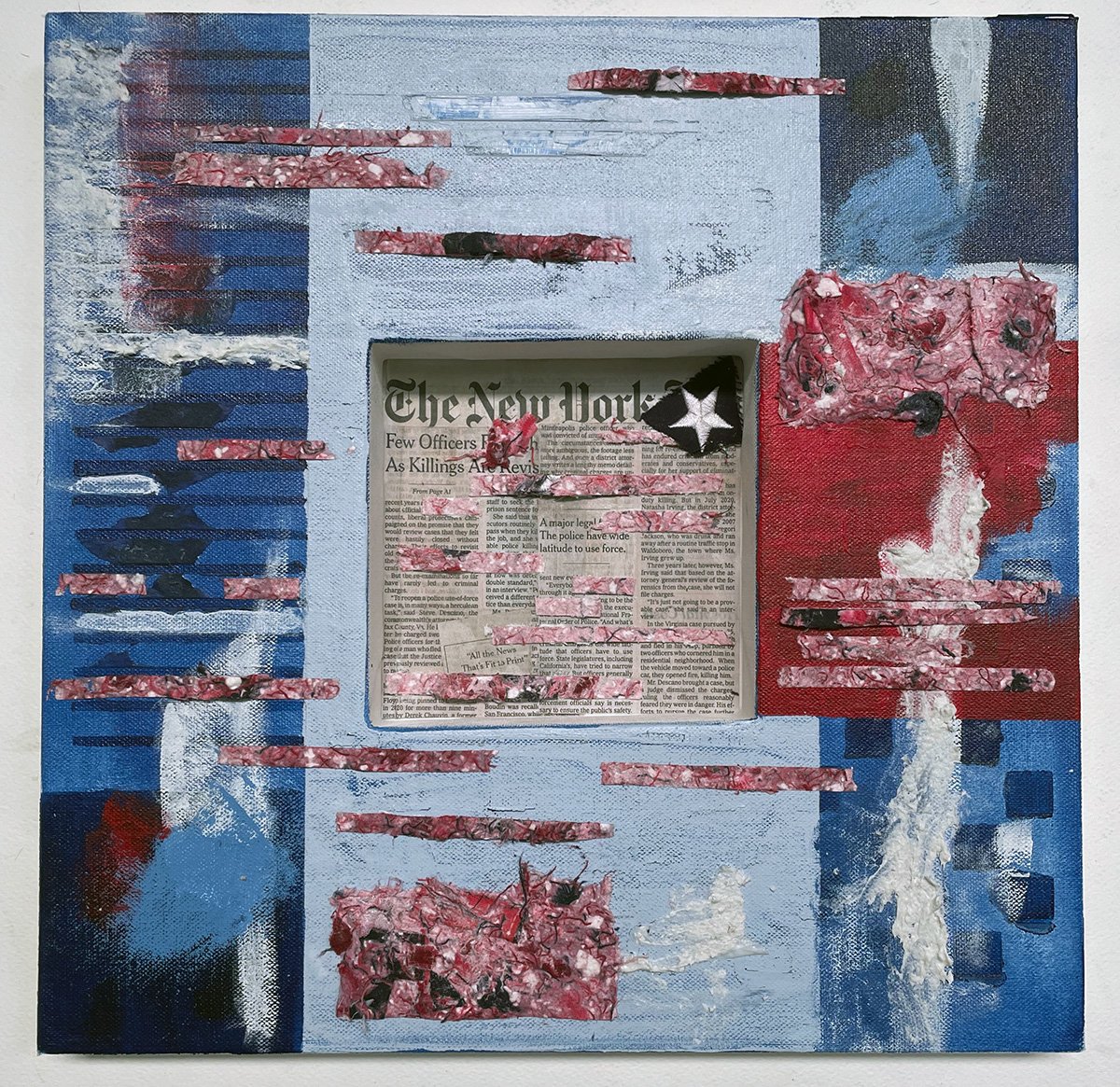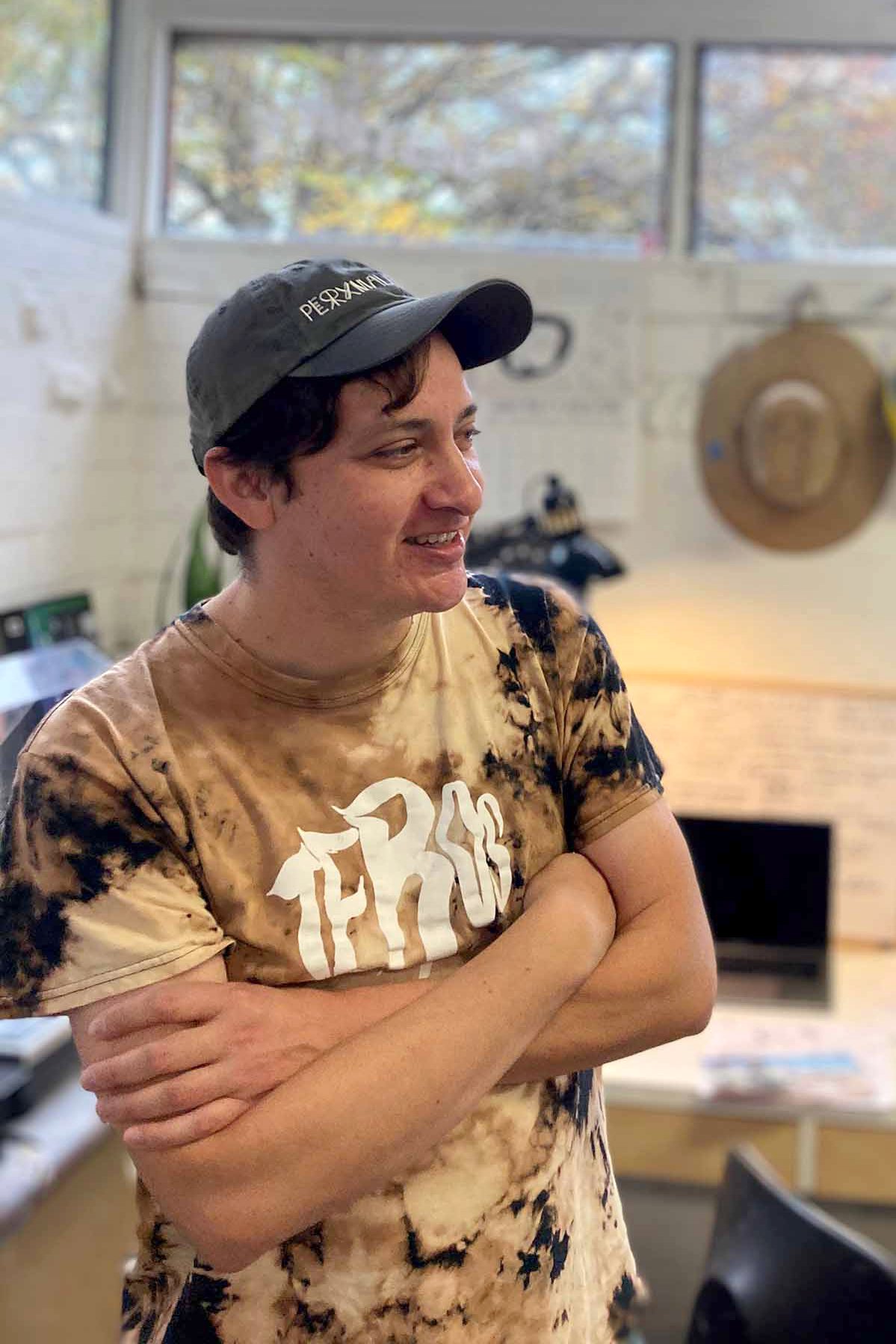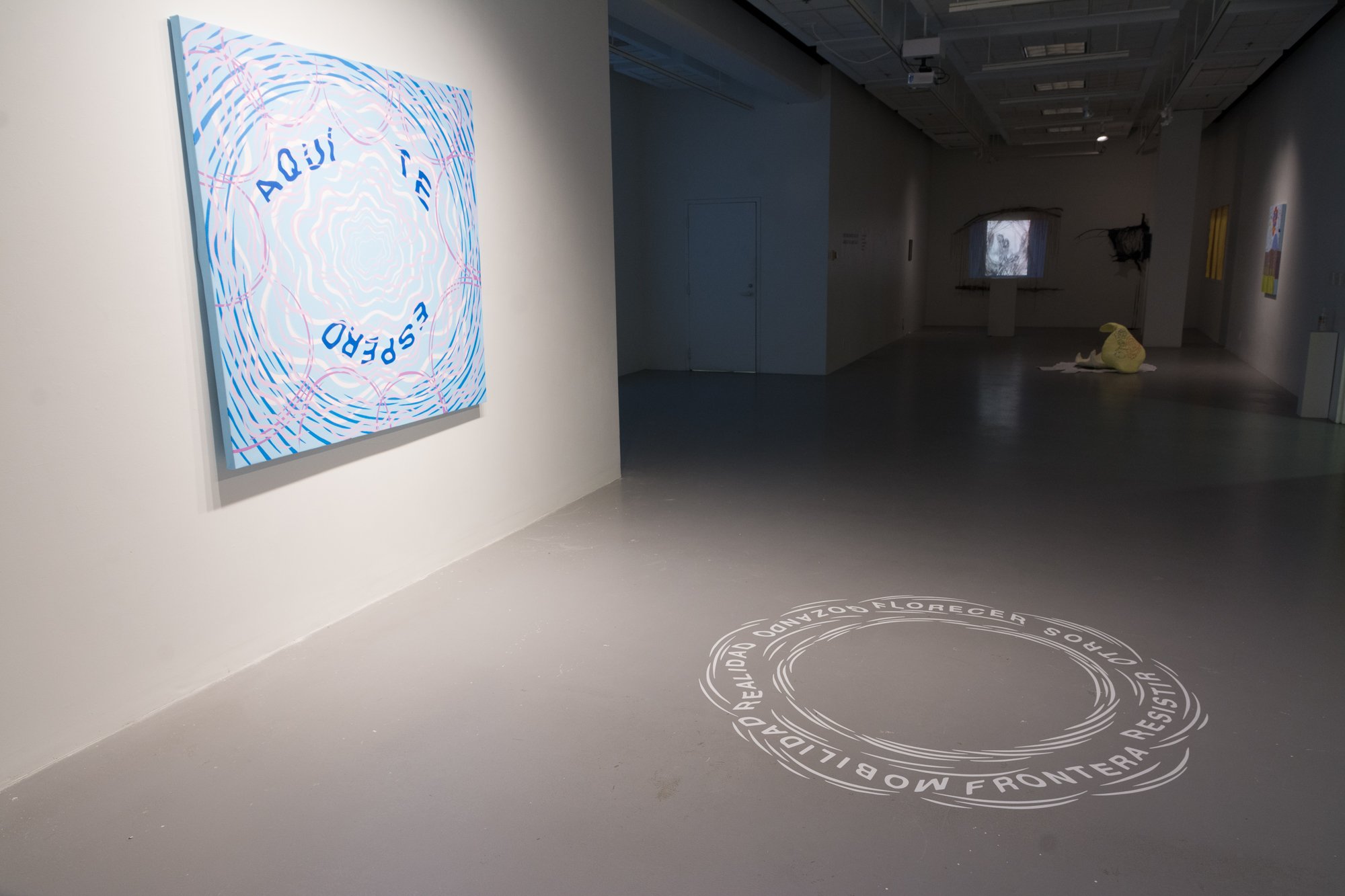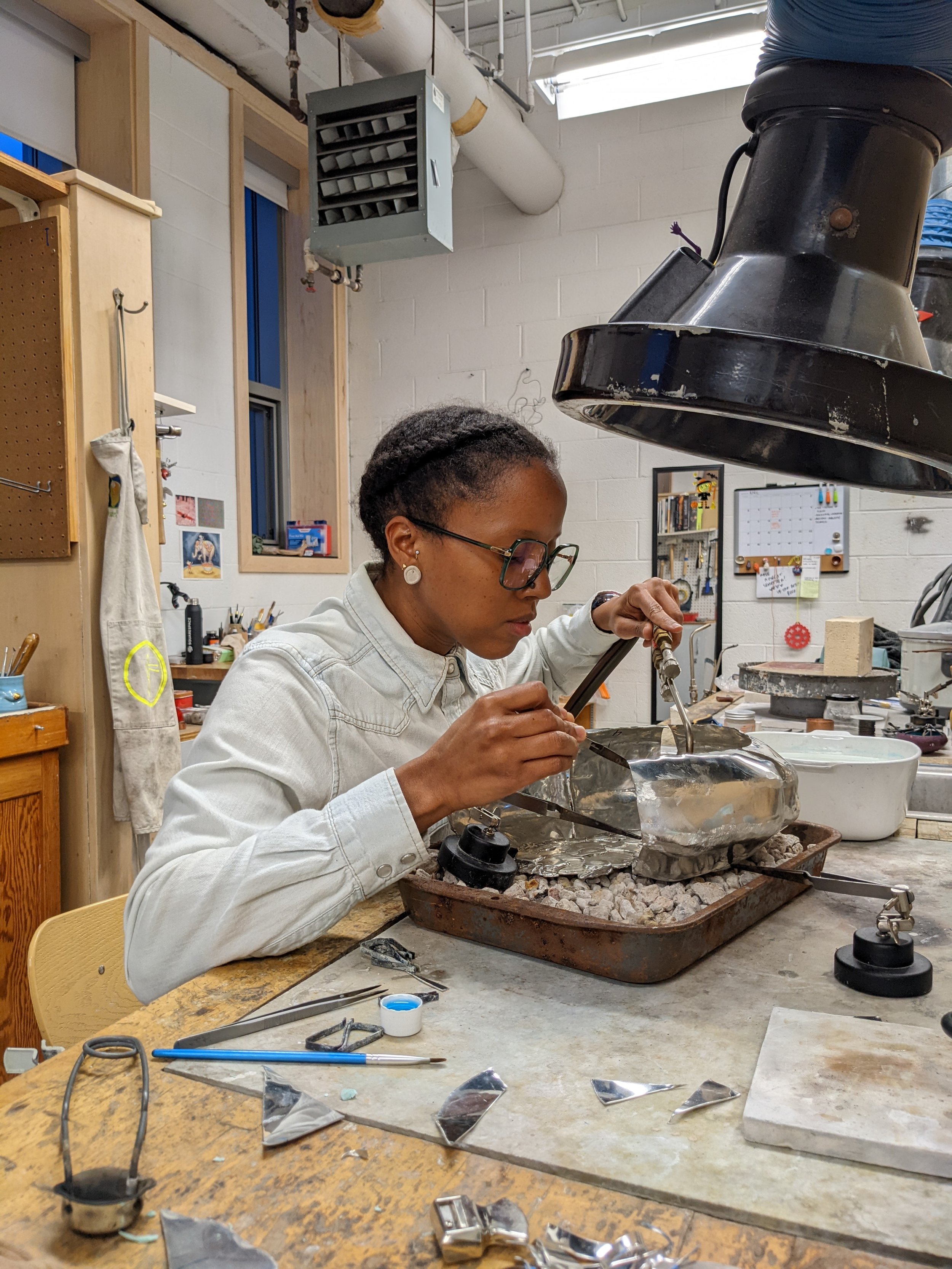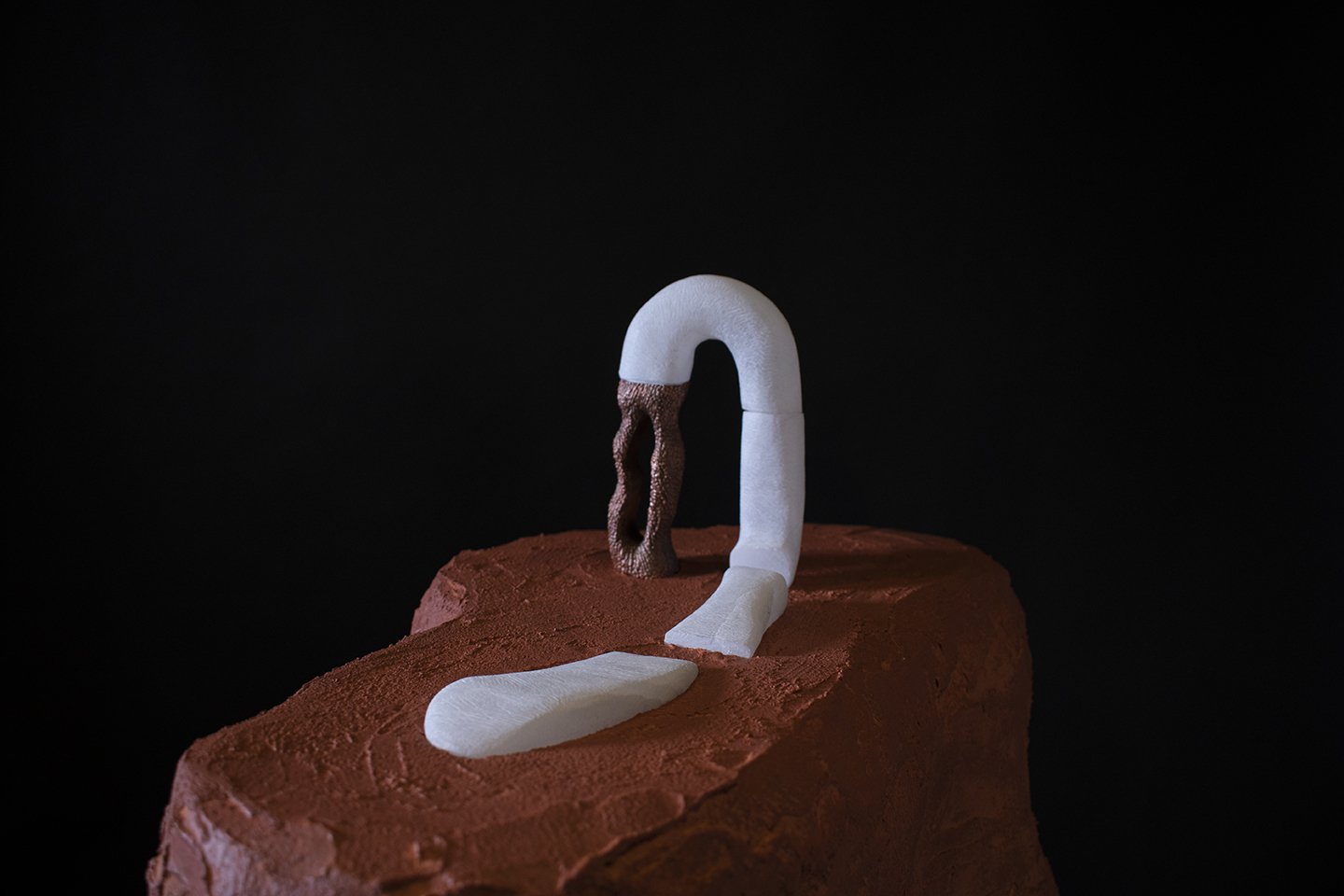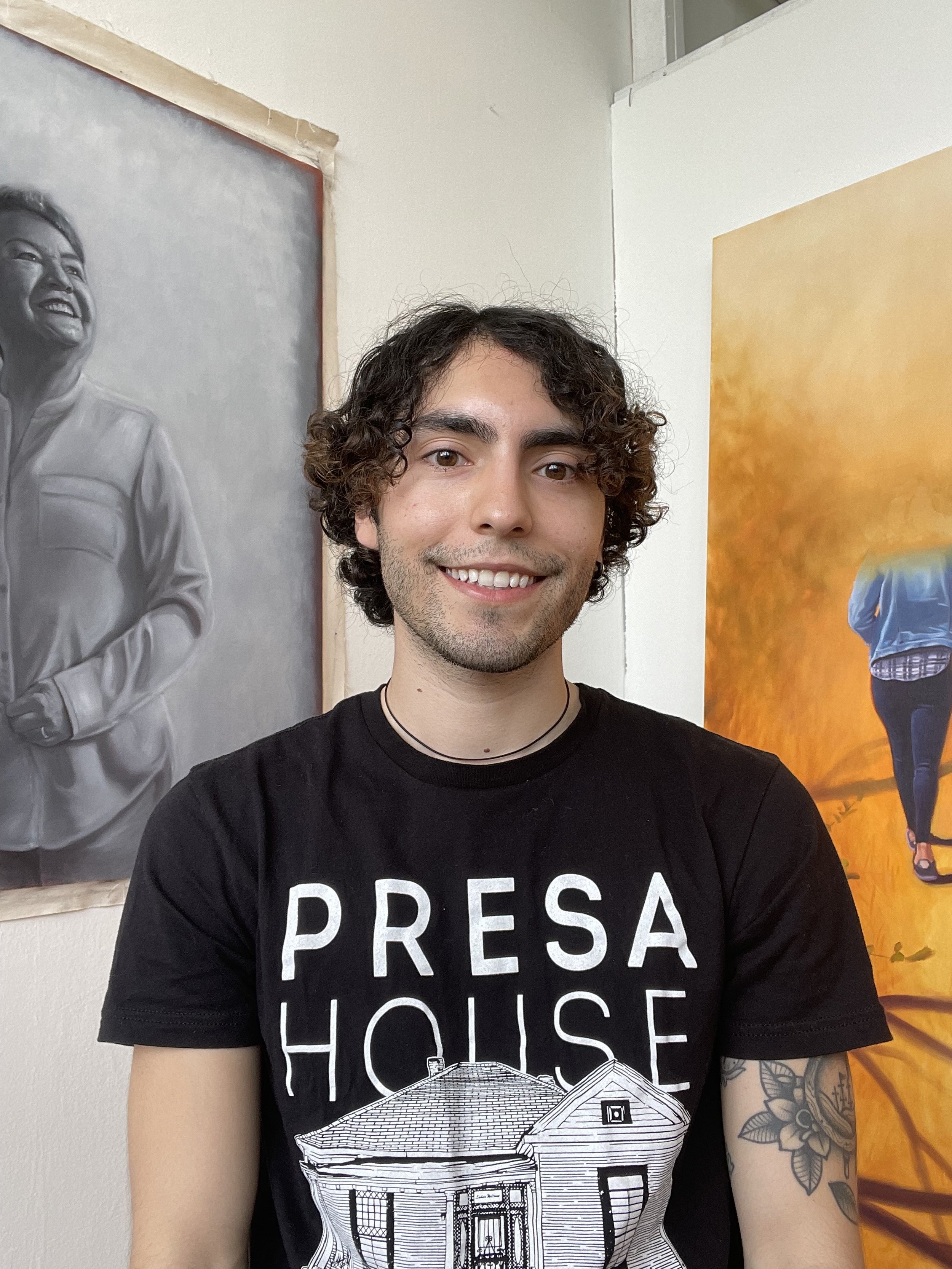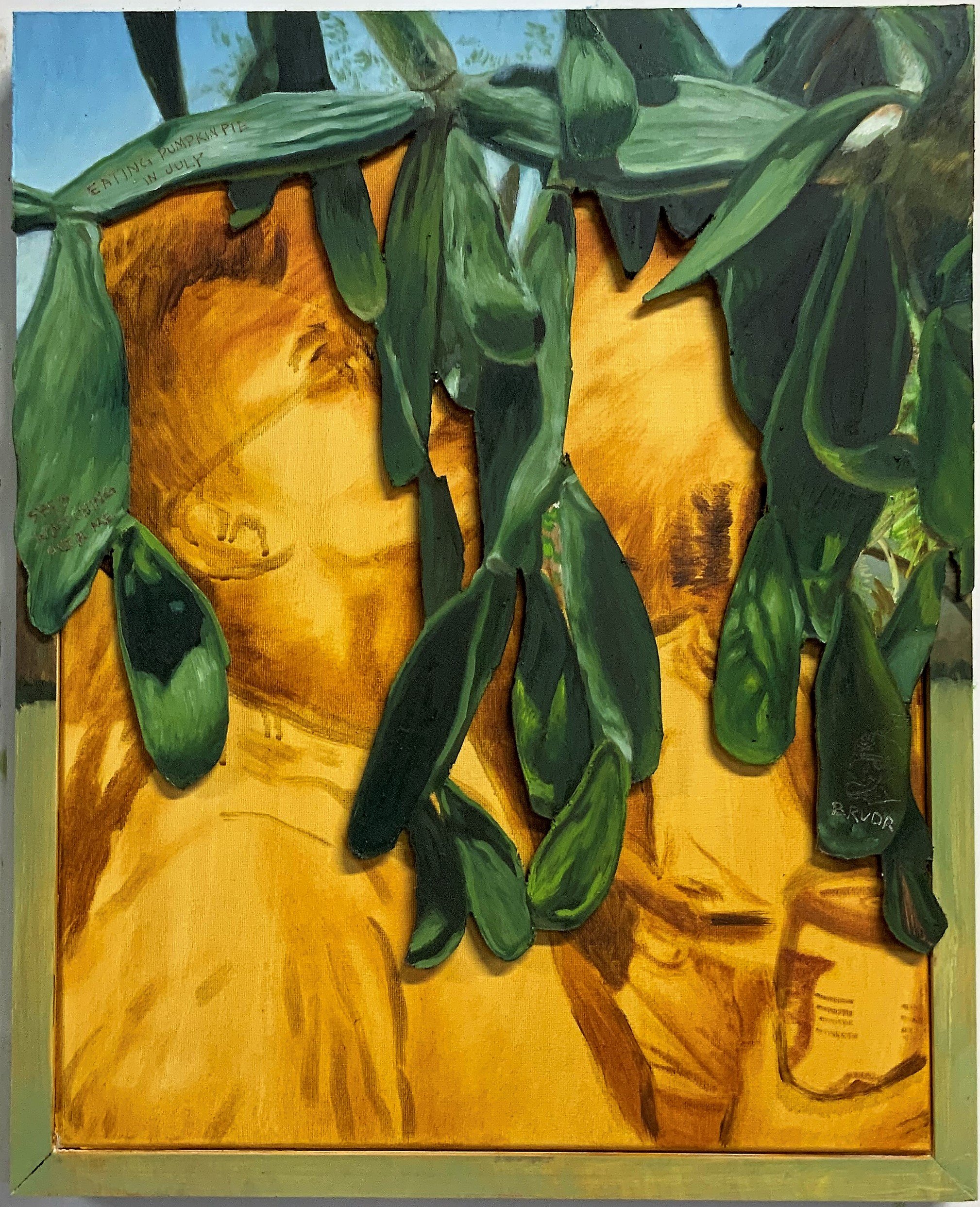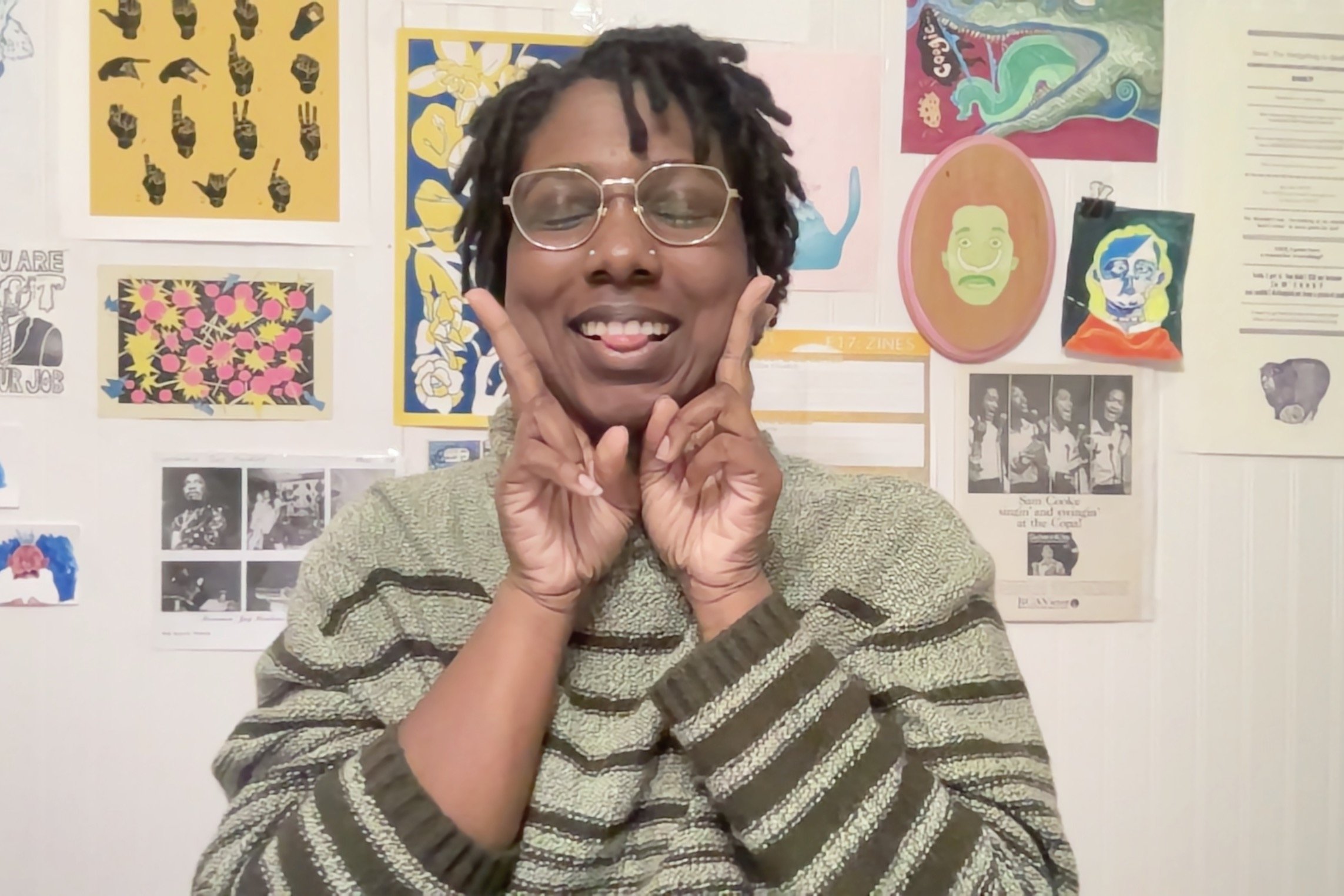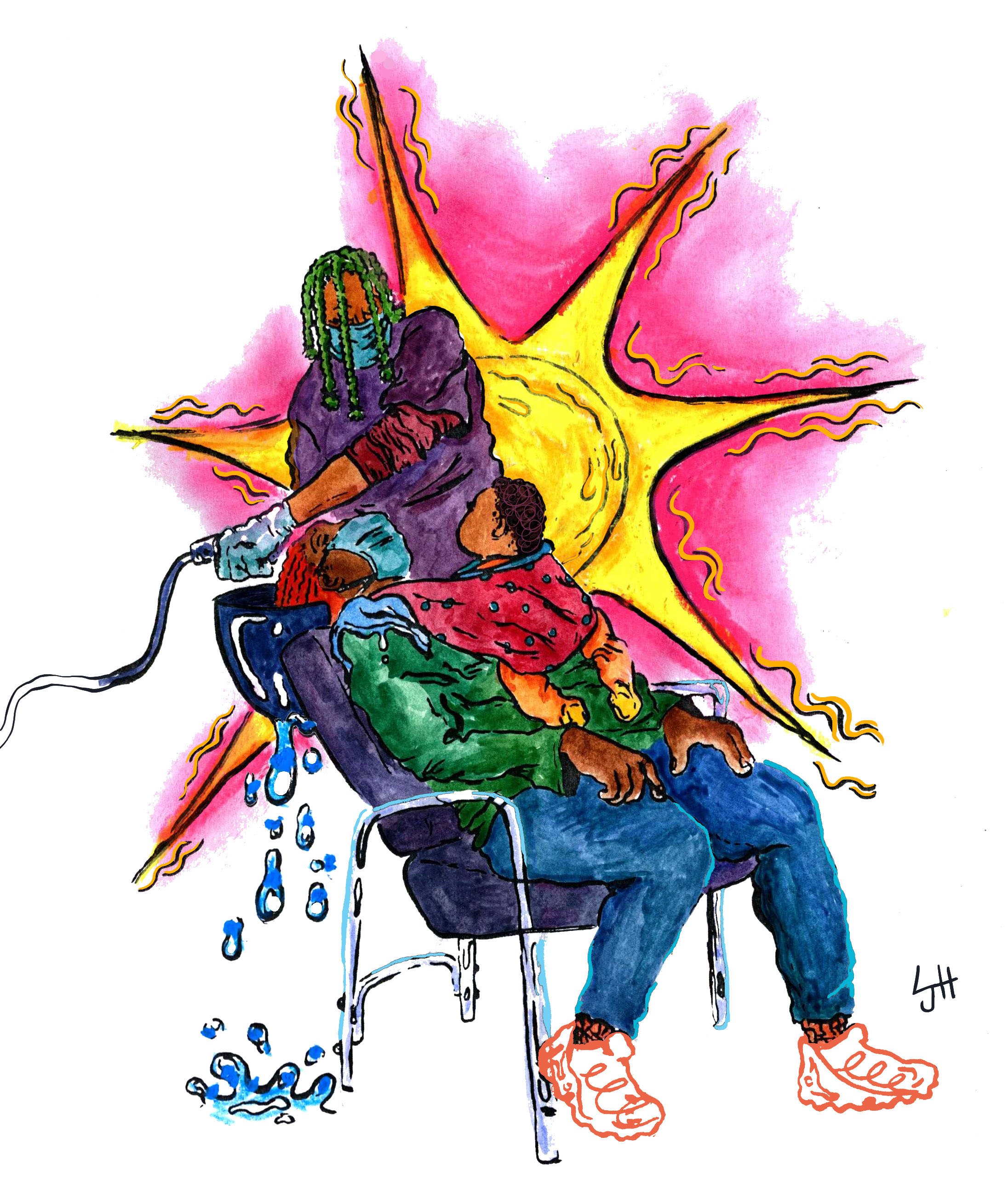Meet this month’s artists-in-residence!
Residency session: November 8th - December 5th, 2023
AND MARK YOUR CALENDARS FOR THe last OPEN STUDIO of 2023:
THURSDAY, November 30th FROM 5-7PM
Sandra Jackson-Opoku
Chicago, Illinois
Sandra Jackson-Opoku is an accomplished novelist, journalist, and academic. Her published novels include The River Where Blood is Born, winner of American Library Association Black Caucus Award for Best Fiction and Hot Johnny (and the Women Whom Loved Him), an Essence Magazine bestseller in hardcover fiction. Her stories, poetry, articles, essays, and scripts are widely published and produced, with work appearing in Islands Magazine, Los Angeles Times, Ms. Magazine, The Literary Traveler, and elsewhere.
“My body of literary work is informed by themes of culture, identity, hybridity, and migration in the African Diaspora. My first novel charts the journeys of a family of African women over multiple time periods, places, and realms. My second follows the travels of an enigmatic man, as told by the women in his life. Other works explore the world wanderings of Black women, centuries-long connections between China and people of African descent, and more.”
Clara Cruz
Richmond, Virginia
Clara Cruz is a multidisciplinary artist whose work spans painting, installation and performance
to explore memory, memorials and the relational nature of meaning. She received a BFA in
Painting from Hunter College. She lives and works in Richmond where she is an MFA candidate
at Virginia Commonwealth University.
“During the MASS MoCA residency I intend to create a body of work consisting of paintings and assemblages that explore the spectacle of harvest(tourist) season in New England, Dia de los Muertos traditions from Northern Mexico, and folklore surrounding death in both these regions. In doing so, I will examine how these spectacles and traditions reflect/refract contested ideas about the nature of death. And how these ideas relate to race, migration and mestizaje in New England.”
Nadia Taquary
Salvador, Brazil
My name is Nádia Taquary, and I am an artist from Brazil. I was born in 1967 to a multiracial family with an Afro-indigenous father and a white mother. Growing up in Bahia, I have been immersed in the vast and rich heritage of my homeland's people and culture, shaped by the African diaspora.
As an artist, my work centers on exploring questions related to the history of black people in Brazil, with a focus on "black female protagonism" and identity. I seek to create art that challenges the eugenic, Eurocentric, and patriarchal narratives that have long suppressed our voices and prevented us from accessing important knowledge and understandings African civilizations.
At the beginning of my work, I delved into these issues through the Afro-Brazilian jewelry – a type of jewelry unique in its history - used by enslaved or freed African women in colonial Bahia. These jewels, made up of amulets and talismans, express identity, aesthetics, religiosity, and, above all, were a practice of wealth accumulation as a tactic for conquering freedom in a slave-owning and sexist society. By using Afro-Brazilian jewelry in my works, I aim to resituate it as an object that translates much of what we are: a symbol of resistance, overcoming, empowerment, and freedom.
Sergio Suarez
Atlanta, Georgia
Sergio Suárez (B.1995) is a Mexican-born, Atlanta-based visual artist and printmaker. He graduated from Ernest G Welch School of Art and Design in 2021, and he attended Skowhegan School of Painting and Sculpture in 2023. His practice, prompted by an interest in translation, engages with different traditions of making, to construct a visual language concerned with syncretism, temporality, and porosity. Mixing seemingly contradictory past and present codes of visual representation such as baroque painting, Mesoamerican material culture, and contemporary telescope imagery, his work looks at the porous boundary between images, objects, and spaces. Meditating over the filtration, preservation, and organization of memory, the work is suspicious of narratives that make time and entropy implicit agents in the destruction of alternative cosmologies and histories, reducing and essentializing them. It proposes instead that the present is a metaphysical surface where entities float, emerge, sink, and possess a buoyancy linked to attention/care.
Quki
Kasigluk, Alaska
Golga Oscar, a Yup’ik artist from Southwest, Alaska. Oscar is a self-taught artist who pursues modern textiles that reflect his cultural identity. He seeks to revitalize his ancestral work with a mix of contemporary materials and design. Oscar has been exploring different mediums ranging from leather/skin sewing to grass weaving and walrus ivory/wood carving. A strong cultural identity is evident in his work. Through his knowledge of traditional art forms and sewing skills, he creates cultural attire that becomes a vital visual element in his photographic imagery. Some of Oscar’s work is permanently in collections in a few museums: Anchorage Museum, Anchorage: Burke Museum, Washington: and International Folk Art Museum, New Mexico.
His images portray portraits of Indigenous people to show the world the importance of Native heritage and the validity of their existence. He is striving towards Indigenizing spaces in this Western environment.
Elizabeth Burden
Tucson, Arizona
Elizabeth Burden is a multidisciplinary artist blending studio work with social practice. She uses drawing, painting, video, sound, and other media in a process of artistic archivy to reflect on geographies, imaginaries, and vestiges of the past/present/future. She is intrigued by the pull of archives, the construction of histories, ephemeral inheritances, the role of memory and narrative, and the ways we make sense of it all.
She has been an artist-in-residence at the Santa Fe Arts Institute and the Banff Centre for Arts and Creativity, and was a 2020 Mellon Projecting All Voices Fellow
Ms. Burden holds an MFA from the School of the Art Institute of Chicago and an MS in Geographic Information Science from the University of Arizona.
David Peña
Chula vista, california
David Peña is a multidisciplinary artist and cultural organizer from the border region between Tijuana and San Diego. He is co-founder and organizer of Tijuana Zine Fest, a large scale zine festival which celebrates self-publishing and independent art. He seeks to connect his visual practice with his commitment to people and place, exploring ways to bridge community and understand organizing as an art practice in itself. He investigates the many ways we enter into and through in-between spaces and the ways we are confronted with borders, geographical, internal, tangible and abstract.
His projects have been featured in Juxtapoz, LA Times, KCET and he has shown work at Centro Cultural Tijuana, Museum of Contemporary Art San Diego, Northwestern University, University of California San Diego, University of Oregon, Universidad Autónoma de Baja California Ensenada, among others.
Funlola Coker
Beverly, Massachusetts
Funlola Coker is a metalsmith and sculptor from Lagos, Nigeria. In 2007 Coker moved to Memphis, TN to pursue a BFA in Sculpture from Memphis College of Art. Funlola is fascinated by history, the evolution of culture and storytelling. Funlola creates narrative sculptures that call on nostalgic memories and moments of the mundane that are held dear. Coker has taught at notable craft institutions such as Snow Farm: The New England Craft Program, Penland School of Craft and Haystack Mountain School of Crafts.
Funlola’s work has been exhibited at the Fuller Craft Museum, TONE Gallery in Memphis, the National Ornamental Metal Museum, and a solo exhibition at Brooklyn Metalworks. In 2020, Coker received the Arts Memphis Arts Accelerator grant, and was a 2022 Thayer Fellowship recipient from the SUNY Rockefeller Institute of Government. Funlola holds an MFA in Studio Art from the State University of New York at New Paltz.
Jesus Trevino
Brownsville, Texas
Jesus Treviño (b. 1995, Brownsville, Texas) received a BA in Studio Art from the University of Texas Rio Grande Valley (2018) and his MFA in Painting/Drawing at the University of Texas at Austin (2022). His work is rooted from his experience being raised on the U.S./Mexico border and deals with the history of movement in the region and its residual personal, emotional, and social effects.
“I’m interested in land’s capacity to hold traces of unresolved tensions when thinking about histories of erasure, movement, displacement of people, and how that shapes my identity which continues to shift, fade, and reassemble. Using disruption, concealment and layering, my practice allows for an unfolding and discovery of stories that resist being buried beneath the surface of unstable and agitated paintings. Working from a bank of collected images found in family photo albums, social media profiles, personal archives, and articles about the border, landscapes often act like a witness to these moments with figures caught in-between dematerializing and in a state of becoming, seeking to claim identity and autonomy.”
Lillie J. Harris
Clinton, Maryland
Lillie J. Harris is a cartoonist, writer and illustrator from Clinton, Maryland. Tension and empathy are notable themes throughout Lillie’s artwork, as well as theology, horror, and not “punching down". Their self-published graphic novel, Wilderness, debuted in 2021 and is currently circulating in bookshops and through online distributors.
They are interested in exploring stories that balance the mundanity of everyday life with a sprinkle of the supernatural unknown. Depth of character is of the utmost importance in Lillie’s work, with specificity given to idiosyncratic dialogue and accentuating features that are often stigmatized. Lillie shows a playful intentionality in flipping expectations within a story. Humor comes across in their energetic, gestural lines, just as much as a sense of foreboding does in quieter moments.
Most recently, Lillie has worked as a narrative designer for Yazeba’s Bed & Breakfast (2023), a Tabletop role-playing game published by Possum Creek Games. They were also an essayist for Black Josei Press’ Gladiolus Magazine (2023), and a comics contributor to the online literary magazine smoke and mold (2023). Their comics and illustrations have been published in The New Yorker, Burlington City Arts Gallery, and The Vermont Folklife Center's graphic novel Turner Family Stories.

